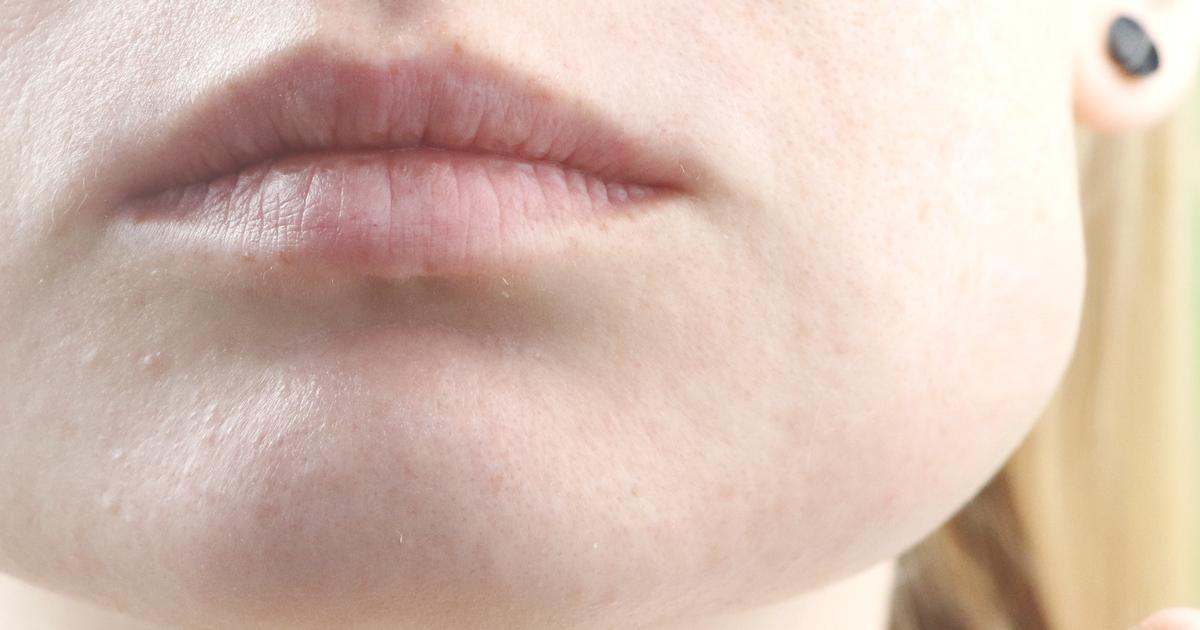What Are The Symptoms Of Glomerulonephritis?
Glomerulonephritis is a kidney condition that involves inflammation of the glomeruli. Healthy glomeruli filter waste products and excess electrolytes and fluid from the kidneys so they can be excreted in the urine. When these filters are damaged, patients could notice urinary changes and problems with fluid retention. Glomerulonephritis can develop as a response to a strep throat or impetigo infection, and it may also be triggered by hepatitis B, hepatitis C, or HIV. Some patients may have this condition as a result of diabetes, lupus, or vasculitis. Doctors may discover glomerulonephritis after performing a routine analysis of a patient's urine, and blood tests, imaging studies, and a kidney biopsy could be necessary to confirm the diagnosis. Treatment for this condition may include dialysis, and some patients with severe forms of the disease might require a kidney transplant. Medications to control blood pressure and to treat underlying infections or autoimmune conditions can help with symptom management.
Edema

Edema (swelling) is associated with both the chronic and acute forms of glomerulonephritis, and it develops as a result of the fluid retention caused by this condition. In the early stages of the acute form, patients might notice puffiness in the face, and individuals with the chronic type could experience swelling of both the face and ankles. Some patients may observe swelling in their hands, feet, and abdomen too. The skin over an area with edema generally appears shiny or stretched. Doctors can assess patients for edema by performing a physical exam. During the exam, they may gently press on the swollen areas of the patient's body. If the skin over the affected area still has a pit (dimple) for more than a few seconds after the doctor presses it, this finding is known as pitting. Patients with edema may be prescribed diuretics, and the patient's current medications might need to be adjusted.
Hypertension

The majority of glomerulonephritis patients will develop hypertension (high blood pressure) due to reductions in kidney function and changes in the way their body processes sodium. Doctors currently define hypertension as a blood pressure reading consistently higher than 130/80. Patients with kidney conditions will have their blood pressure monitored at every checkup, and they may need to take prescription medication to reduce their blood pressure. Doctors may recommend patients check their blood pressure regularly with an at-home monitoring unit. Many of these units now sync with smartphones, and patients can choose to share measurements with their medical team automatically. In addition to medication, physicians typically recommend for patients with this condition to try to reach or maintain a healthy weight, and it may be necessary to reduce protein, potassium, and sodium in the diet. Some patients with this form of kidney disorder might develop a form of hypertension known as malignant hypertension, which involves rapid increases in blood pressure, and it is considered a medical emergency. Blood pressure readings of at least 180/120 are common with malignant hypertension, and they may indicate kidney failure. Patients should always let their doctor know about any changes in their home blood pressure readings, and they should take all blood pressure medicine exactly as prescribed.
